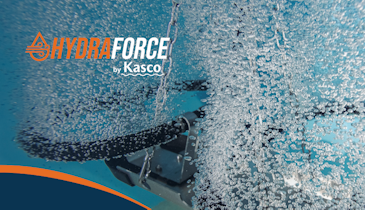
If you want to recycle your biosolids, you have to market.
And while that involves more than putting out a pile and printing a brochure, good marketing doesn’t have to cost a fortune or be too complicated to practice. You just need to know your product, understand your...






